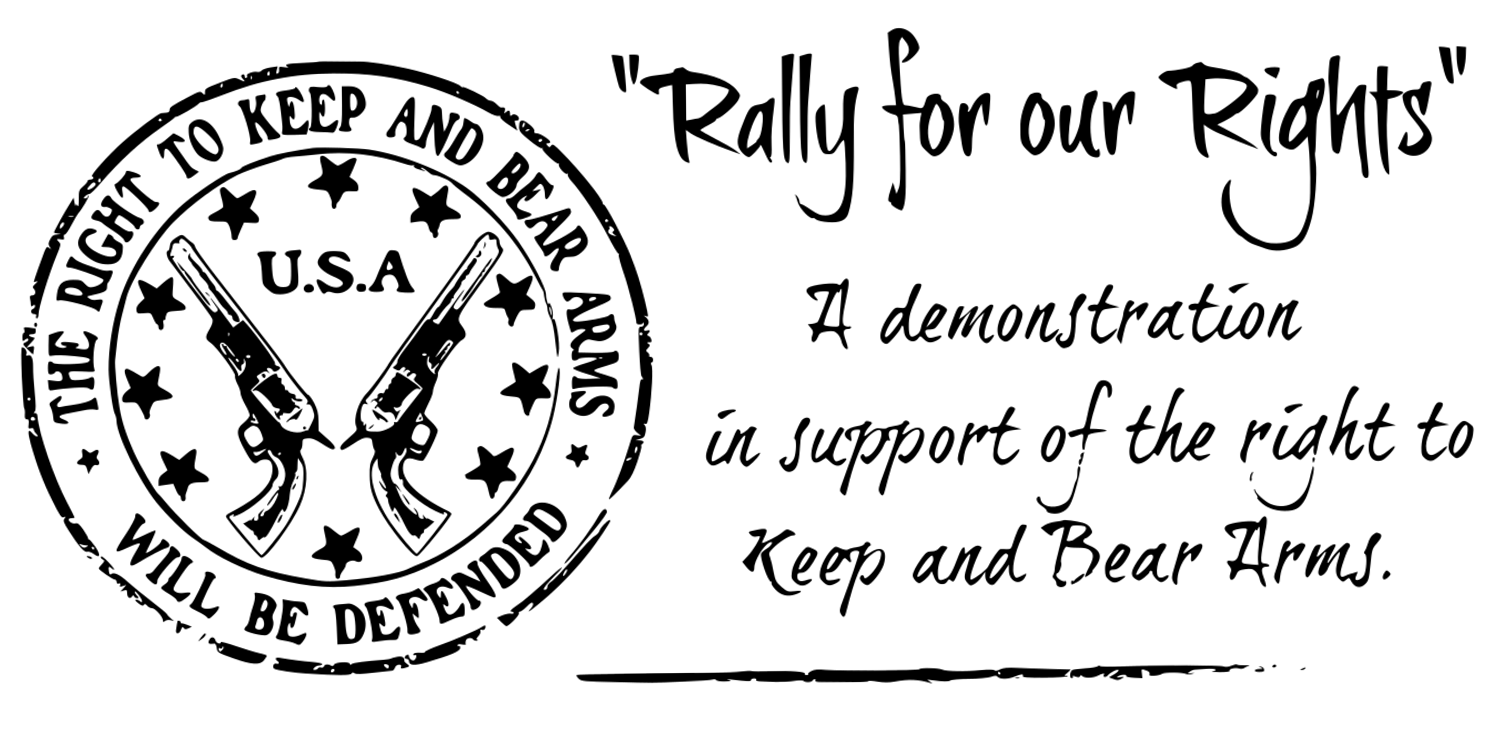Colorado Gun Control Has Been A Complete Failure In Reducing Violent Crime
In 2013 anti-gun elected officials in the Colorado legislature passed a package of gun control bills with the promise it would bring down violent crime and save the state from what they claimed was certain catastrophe. We knew at the time they were lying, and the most recent FBI data shows those laws have been a complete…
